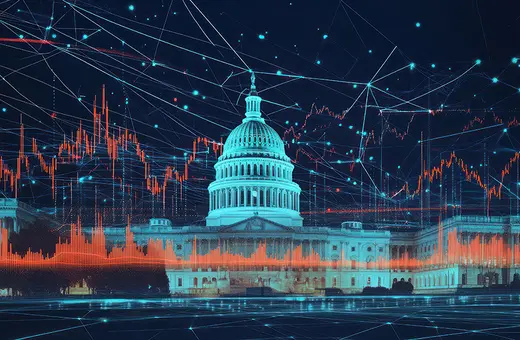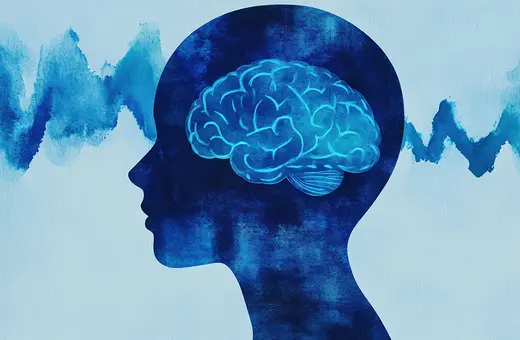The melting of the glaciers, torrential rain and floods, extreme heat waves and uncontrollable wildfires, the mass extinction of animals: these are scenes of Biblical proportions. No wonder then that people repeatably reach out to the apocalypse as a metaphor for what is taking place. But the secularised version of end of the world scenarios seems to miss what is most important to the Christian apocalypse: the revelation of a deep truth. If the extreme natural phenomena we are observing are telling us anything it isn’t that the world is ending – it’s that we’ve been relating to nature in the wrong way for too long. Instead of thinking up new technological and scientific solutions to the problems our technological and scientific approach to nature have produced, we should approach nature in different ways, through poetry and religion, writes John Milbank.
To many it seems as if we are now approaching the real ‘apocalypse’ when at last nature will truly erupt with fury, the seas turn to blood and the stars fall upon our heads, as foretold by St John the Divine. This eventuality is regarded as a secular phenomenon to which we require a secular and scientific solution. But if it is precisely our secular, scientific, utilitarian and market-oriented way of life, commodifying and calculating the whole of life that has brought us to the bink of disaster, do we really need just more of the same?
 SUGGESTED READING
The power of utopia
By Mathias Thaler
The secular apocalypse can be more accurately diagnosed as a religious one, as a kind of transcendental disclosure of ignored and buried truth. Nature is not telling us to control her more effectively at an alien distance, according to her own blueprint for survival, but to rediscover our unity with her in terms of a shared expressive creativity. We will only save the planet when we recover the sense that if we belong to nature, then nature also belongs to the realm of the spiritual.
SUGGESTED READING
The power of utopia
By Mathias Thaler
The secular apocalypse can be more accurately diagnosed as a religious one, as a kind of transcendental disclosure of ignored and buried truth. Nature is not telling us to control her more effectively at an alien distance, according to her own blueprint for survival, but to rediscover our unity with her in terms of a shared expressive creativity. We will only save the planet when we recover the sense that if we belong to nature, then nature also belongs to the realm of the spiritual.
Apocalypse: then and today
Apocalypse in the Bible didn’t simply mean the end of the world. Primarily it meant revelation: a disclosure of inner divine secrets. It also indicated a future event when such a disclosure would take place, and only to a lesser extent did it signify various attendant convulsions, including many of a violent kind, as a prelude to the eschaton of cosmic peace. In its secularized version, the concept of apocalypse was taken over by political radicals, hoping for an accelerated end of everything that is wrong with the world. If there is no God to help us, then it is up to us to purge away with force all that we find to be unacceptable. Today, however, a third stage of apocalyptic history has arrived. If secular revolutions and reforms were perhaps humanist echoes of religious illusion, then now, at last, apocalypse seems to be a matter of fact. For it is nature that is speaking to us directly, though only in the tone of threat, not of promise.
A third stage of apocalyptic history has arrived. If secular revolutions and reforms were perhaps humanist echoes of religious illusion, then now, at last, apocalypse seems to be a matter of fact.





















Join the conversation